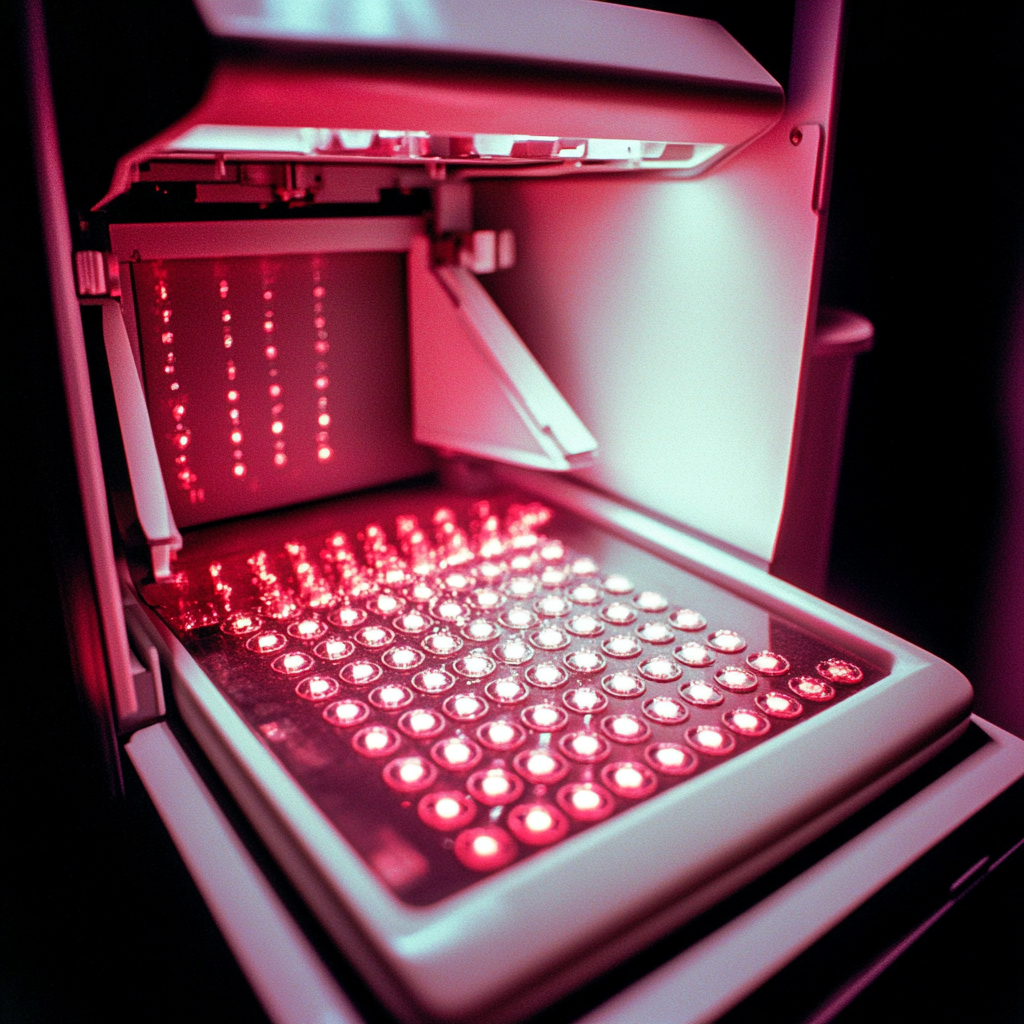Sweat Lactate Sensor for Detecting Anaerobic Threshold in Heart Failure: LacS-001 Clinical Trial
Abstract
A prospective clinical trial (LacS-001) aimed to investigate the safety and correlation between sweat lactate threshold (sLT) and ventilatory threshold (VT) in patients with heart failure (HF). 50 HF patients participated in incremental exercise tests while using a sweat lactate-monitoring sensor. The primary outcomes were a correlation coefficient of ≥ 0.6 between sLT and VT, similarities as assessed by the Bland-Altman analysis, and standard deviation of the difference within 15 W.
A correlation coefficient of 0.651 (95% confidence interval, 0.391-0.815) was achieved in 32/50 cases. The difference between sLT and VT was -4.9 ± 15.0 W. No comparative error was noted in the Bland-Altman plot. No device-related adverse events were reported among the registered patients. The sweat lactate sensor is safe and accurate for detecting VT in patients with HF in clinical settings, offering valuable additional information for treatment.
Value and Practical Solutions
Clinical trials are essential for developing safe and effective treatments. Our AI-driven platform, DocSym, consolidates ICD-11 standards, clinical protocols, and research into an easily accessible knowledge base for clinicians. This helps extend the benefits of clinical trials into everyday medical practice.
In today’s healthcare environment, streamlining operations is crucial. Our mobile apps support scheduling, monitoring treatments, and telemedicine, making it easier to manage patient care and expand services digitally. By using AI, clinics can enhance their workflows, improve patient outcomes, and reduce paper routines.
Learn more about how we can help at aidevmd.com.




























